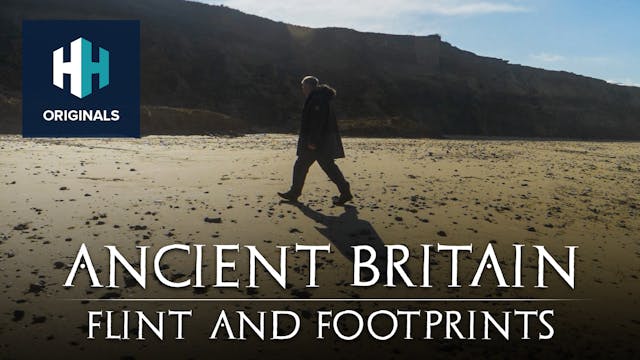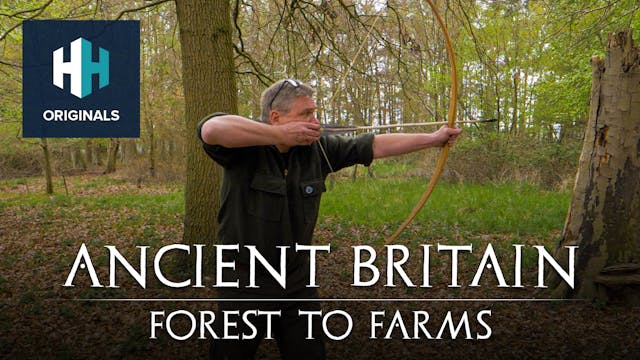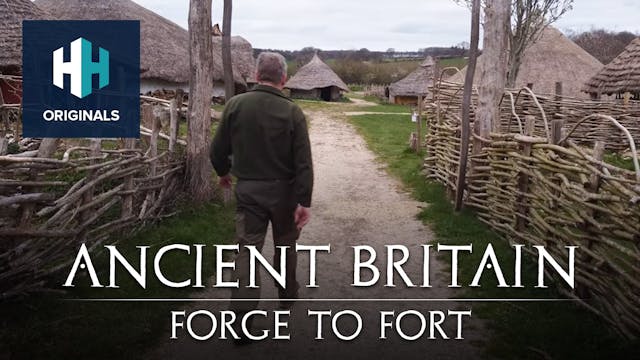The First Britons
Everyday Life in History
•
27m
If the words British history conjure up images of Elizabeth I, Shakespeare, Boudica, Mary Seacole, The Beatles and the Blitz, you’re squinting at a small spec of the history of humanity of these Isles. Even if you go back to the Roman invasion of Britain in 43 AD, or even further to the Iron Age or the Bronze Age, you’re still only looking at 1% of humankind’s story in this land.
This is a 900,000 year old story of ice ages, glaciers and hunter gatherers. Of lions, hyenas, hippos, rhinos and woolly mammoths. Of archaeological discoveries like Cheddar Man, who was once thought to be the oldest Englishman who ever lived.
The story of the First Britons is a story of a species that would come and go many times before calling this land home. A story that has travel, and the movement of people, at its heart.
So what do we know about these early migrants to Britain’s shores? Travel writer Noo Saro-Wiwa talks us through the story of the First Britons, while Dr Selina Brace explains how her team at the Natural History Museum were able to extract DNA from Cheddar Man. Produced by Mark Bowsher.
Up Next in Everyday Life in History
-
Ancient Britain with Ray Mears: Flint...
Britain is an island where history is well and truly part of the landscape and an island where human feet have walked for a million years. We are constantly making groundbreaking archaeological discoveries that are helping us to better understand the way in which our distant ancestors lived.
Joi...
-
Ancient Britain with Ray Mears: Fores...
12,000 years ago, Britain entered a new chapter in its long history. By this point, hunting tools had evolved, from hefty spears to the slick and stealthy bow and arrow. This revolution in technology would change the way humans hunted forever.
In a period in which Britain was also thawing and e...
-
Ancient Britain with Ray Mears: Forge...
Around 800 BC, Britain entered the Iron Age. This era saw the gradual introduction of iron working technology, although the general adoption of iron artefacts did not become widespread until after 500-400 BC.
As the Iron Age progressed through the first millennium BC, strong regional groupings e...



